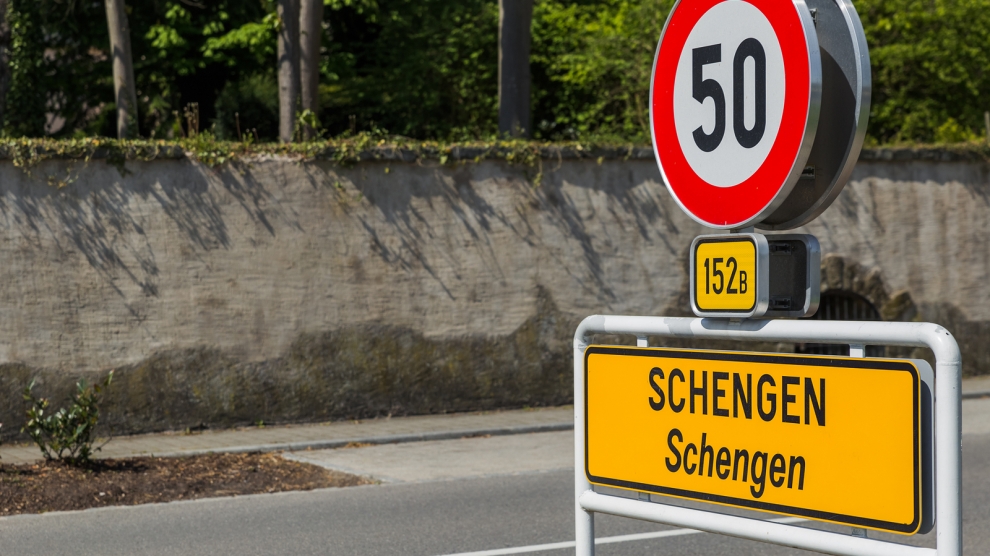The European Commission has confirmed that Kosovo has fulfilled all necessary criteria for obtaining visa liberalisation with the EU.
Visa liberalisation dialogue was launched in 2012, when a list of reforms Kosovo needed to adopt were identified, including reintegration and readmission, document security, border and migration management, asylum, the fight against organised crime and corruption and fundamental rights related to the freedom of movement.
In May 2016, the Commission proposed to the European Parliament and Council the granting of EU visa-free travel to the people of Kosovo upon reaching two final benchmarks: the ratification of a border demarcation agreement with Montenegro and a strengthened track record in the fight against crime and corruption.
“Kosovo has made great progress over the last two years to fulfil the two remaining visa liberalisation requirements,” Commissioner for Migration, Home Affairs and Citizenship Dimitris Avramopoulos said.
“Today, we can confirm that both outstanding benchmarks have now been met, and that all other benchmarks continue to be met. I also count on Kosovo to continue addressing both migration and security challenges, including the fight against corruption. I now call on the European Parliament and the Council to swiftly adopt our proposal on lifting visa requirements for Kosovo citizens. This will be an important moment for Kosovo, for the entire Western Balkan region, and for Europe as a whole.”
Kosovar Foreign Minister Behgjet Pacolli called the Commission’s decision “a historic moment for Kosovo. This step towards visa liberalisation is a test for EU leaders and for Kosovo’s European future,” he said, according to Beta news agency.
Once the legislative proposal is adopted by the European Parliament and the Council, the people of Kosovo will no longer require visas when travelling for short stays of up to 90 days to all EU Member States (except for Ireland and the UK, as well as the four Schengen countries which are not EU members – Iceland, Liechtenstein, Norway and Switzerland).
It would be a huge step forward for Kosovo, a country that in 2017 had the highest number of Schengen visa applications in the region but at the same time had the highest rate of visa denials: 19.6 per cent.
However, the proposal still needs to be adopted by the European Parliament and the Council of all 28 member states, some of which remain sceptical about the rule of law in Kosovo, and its commitment to the fight against crime.

